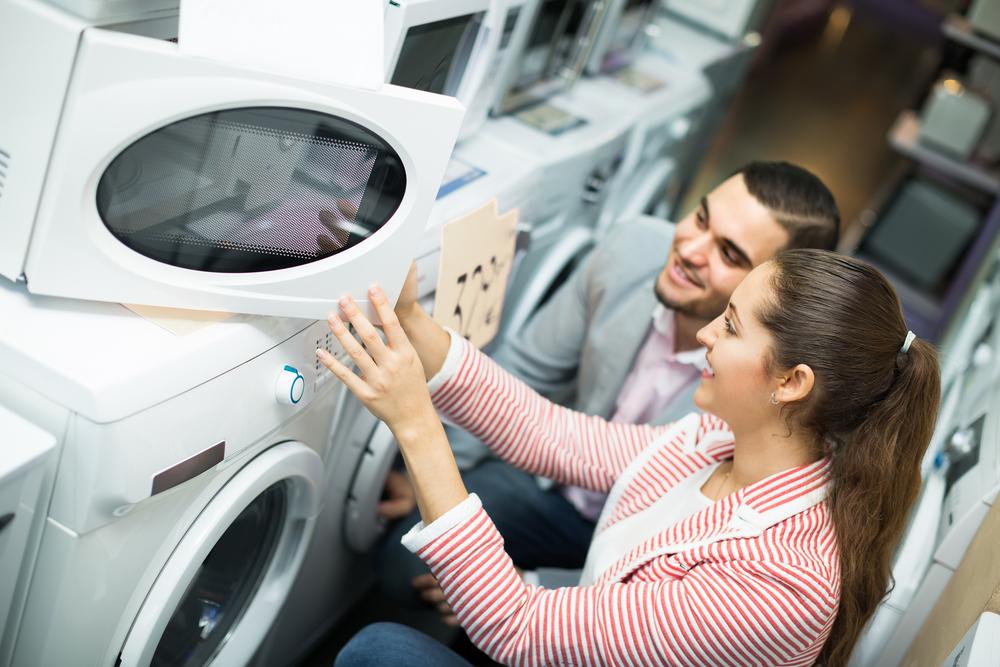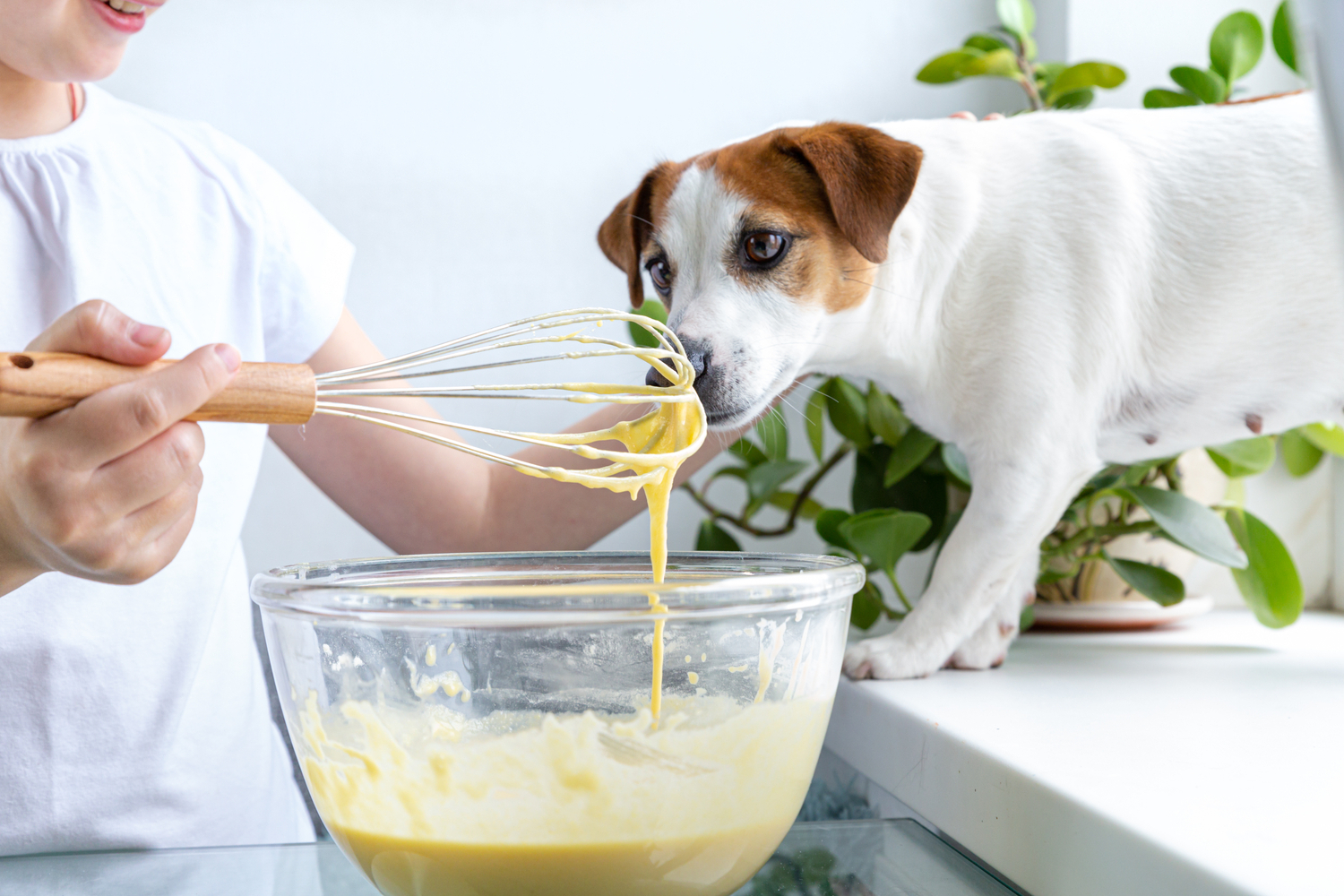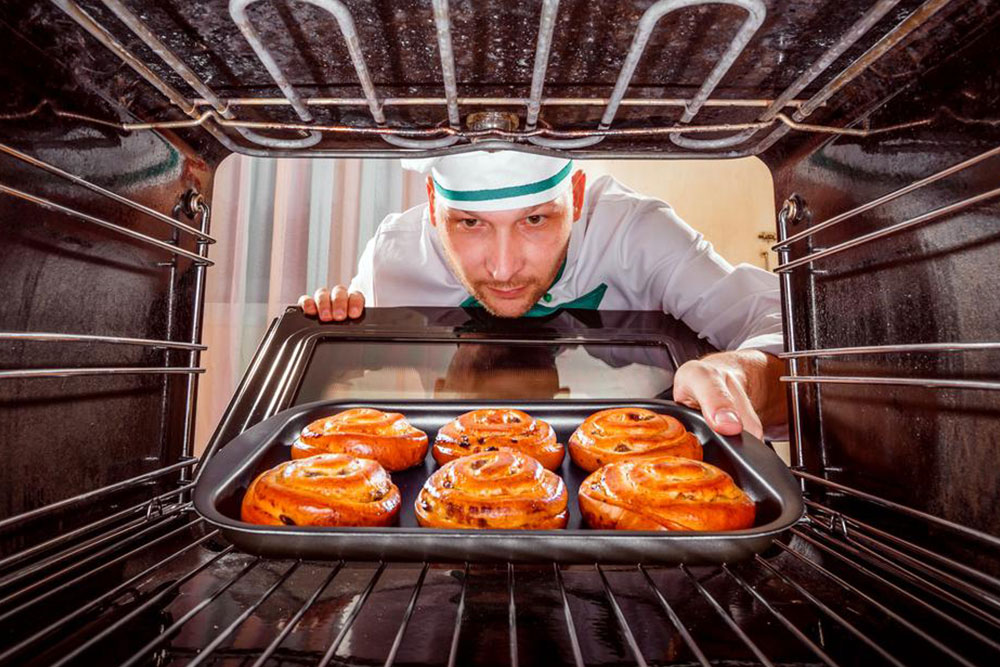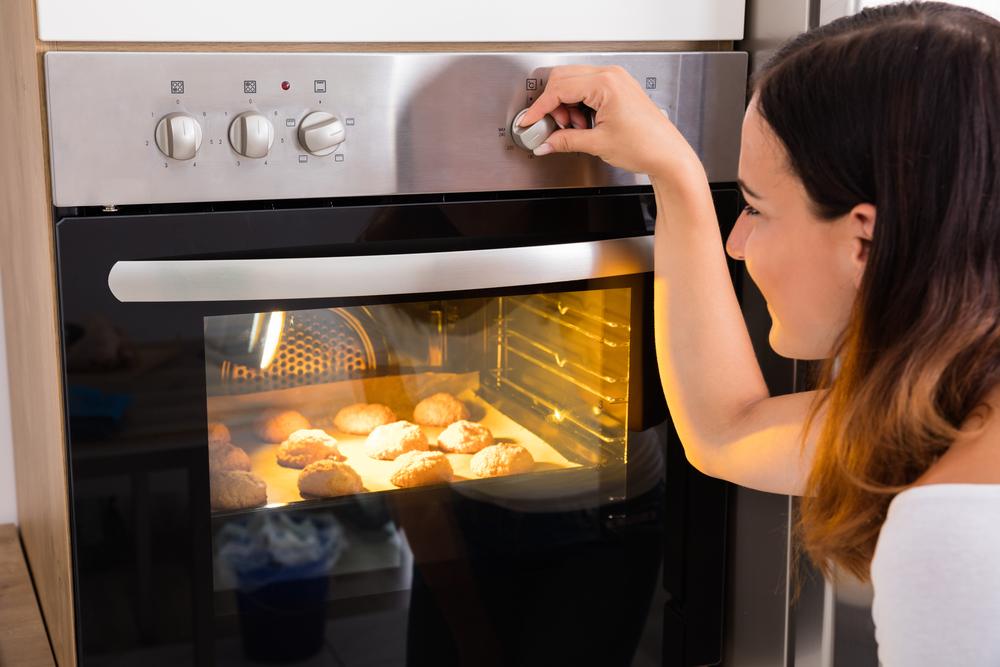Types and Uses of Dutch Ovens
A Dutch oven is a durable saucepan with a lid ideal for browning vegetables and meat before boiling or pressure cooking in the oven. It can also be used to make soup and perform simple activities like boiling noodles. It is also frequently used to create bread. Moreover, apart from the cooking-related aspect, you can use long-lasting Dutch ovens to add a splash of color to your kitchen and enhance the appeal of your interiors.
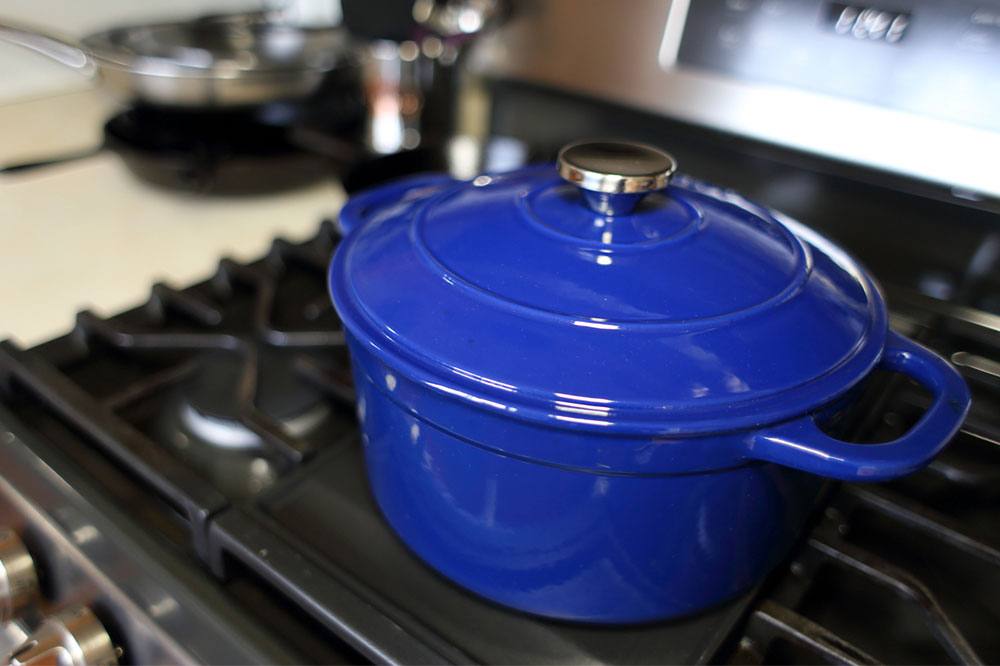
Types of dutch oven
Stainless steel
Stainless steel is durable and easy to clean, but most stainless steel cooking pots lack a heavy, tight-fitting lid. Furthermore, stainless steel does not retain heat as well as other materials. You can cook Dutch oven dishes in them, but your meal would benefit more from a material that retains heat better.
Ceramic Dutch ovens
Ceramic Dutch ovens are the lightest material of all. These are ideal for soups and baking recipes. Moreover, they could be used in the oven or on the cooktop. However, since they are ceramic pottery, they may crack or shatter if dropped or subjected to extreme temperature changes.
Cast iron Dutch ovens
A cast iron Dutch oven maintains heat for an extended time, making it ideal for slow-cooking and maintaining a steady oil temperature for the frying process. Campfires and outdoor cooking can also be done with bare cast iron. However, such cooking pots require particular cleaning, seasoning, and upkeep to function correctly.
In addition, cast iron pots can transfer flavors to your food, which can be both good and harmful. Tomatoes and acidic foods, such as chili, do not mix well with the uncovered cast iron inside and will disflavor your dish. When properly maintained, cast iron Dutch ovens can last a lifetime.
Lodge Dutch oven
There are two types of lodge Dutch ovens: seasoned cast iron and enameled cast iron. The heat and neutral oil seasoning is provided to bare cast iron cooking pots. The inner surface and outside of the enameled cast iron cooking pots have a smooth, ceramic surface that prevents food from sticking and they have been fitted with steel lid handles.
All lodge Dutch ovens, including the lids, are oven-safe to 500° F. The bare ones are also fire-safe, so they may be used to cook over a campfire or on a grill. The enamel is shiny and even, with vibrant and rich colors. They’re designed to add a bright and vibrant flair to your kitchen.
How can you use a Dutch oven?
Dutch ovens are ideal for camping and outdoor gatherings since they are a pot that can be used to prepare and cook meals while also being conveniently used for display and serving. Even in the less regulated system of camping, the thick-walled cooking pots keep a meal hot while everybody gathers around it. They act as a one-pot option from start to finish, which includes reducing pots to gather and wash at the end of dinner.
Low and slow is the key to good braising. Cast iron maintains continuous heat during cooking, allowing you to leave the pan alone for hours without having to fiddle with the stove. As an extra advantage, it retains heat even after you remove your slow cook from the heat; take it straight to the table and it will stay warm for dinner.
Generally, frying can be a difficult and messy task. But the steep surfaces of a Dutch oven enable it to reduce oil spray, and the cast iron can withstand extremely high temperatures without burning.
You can also prepare soups and stews in these cooking pots. They bring out the aromas of soups and stews, making them one-pot meals. Start with strong veggies like onions, carrots, and potatoes and work your way up to delicate greens, pasta, or cheeses in the end. Layering flavors on top of one another results in a tastier outcome.
Maintenance tips
A Dutch oven can last years without any difficulty if you care about it. Each cooking pot will come with a different set of care instructions, but one crucial guideline to remember is to never heat your cast iron cooking pot on high, it takes a lot of time to heat up and for cooling down as well. Cooking at high temperatures makes it difficult to avoid burning, and therefore, can ruin the enamel covering, voiding the substantial lifetime warranty.
Avoid using aggressive cooking and cleaning equipment on your cooking pot if it has an enameled covering. If it is not coated, avoid leaving it wet for extended periods. Make fresh pieces of bread from the comfort of your home by instantly switching your kitchen into a bakery with your Dutch oven. Before you begin, make sure that all of the pieces of your cooking pot are suitable for being used in the oven at high temperatures.

